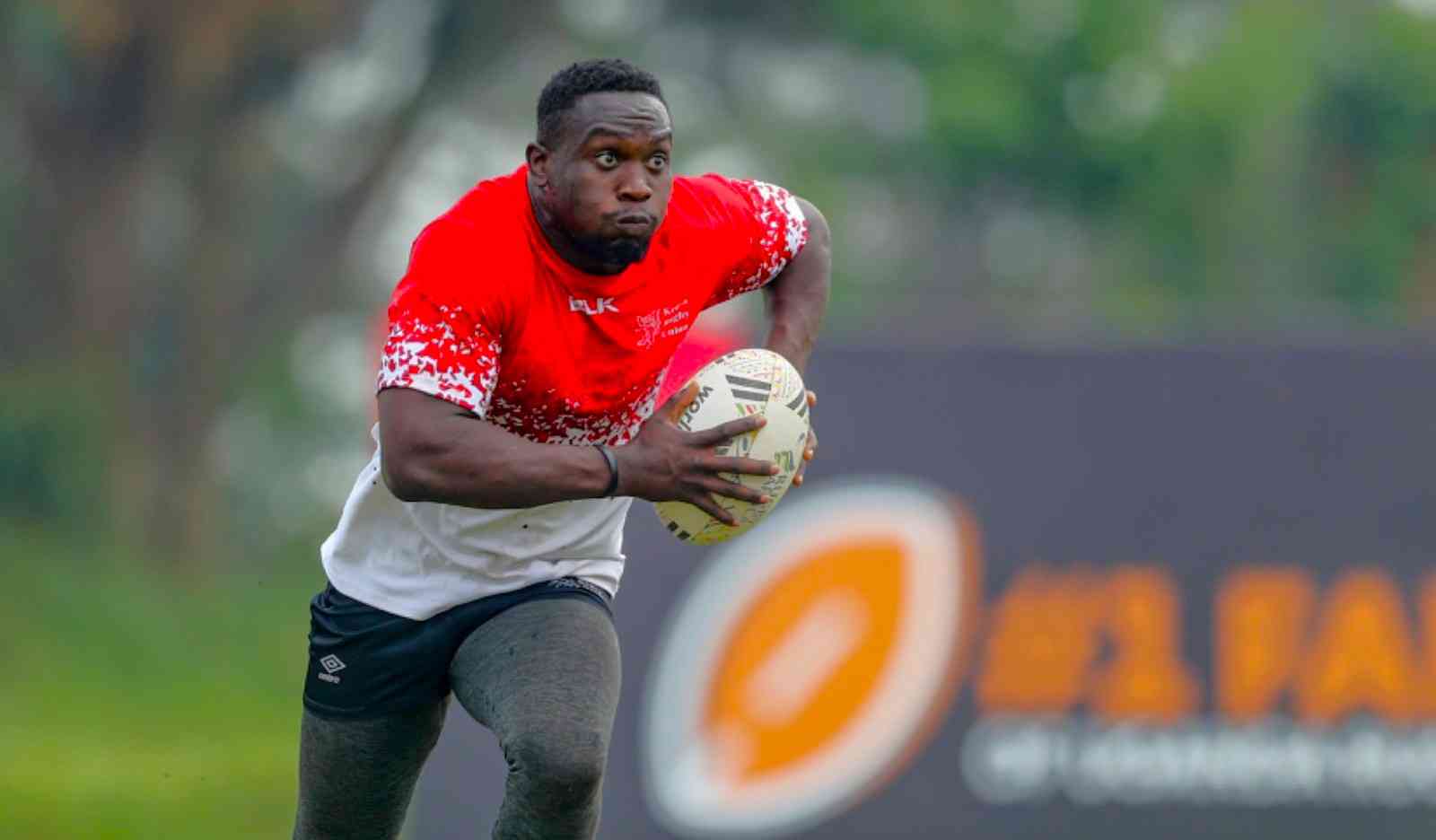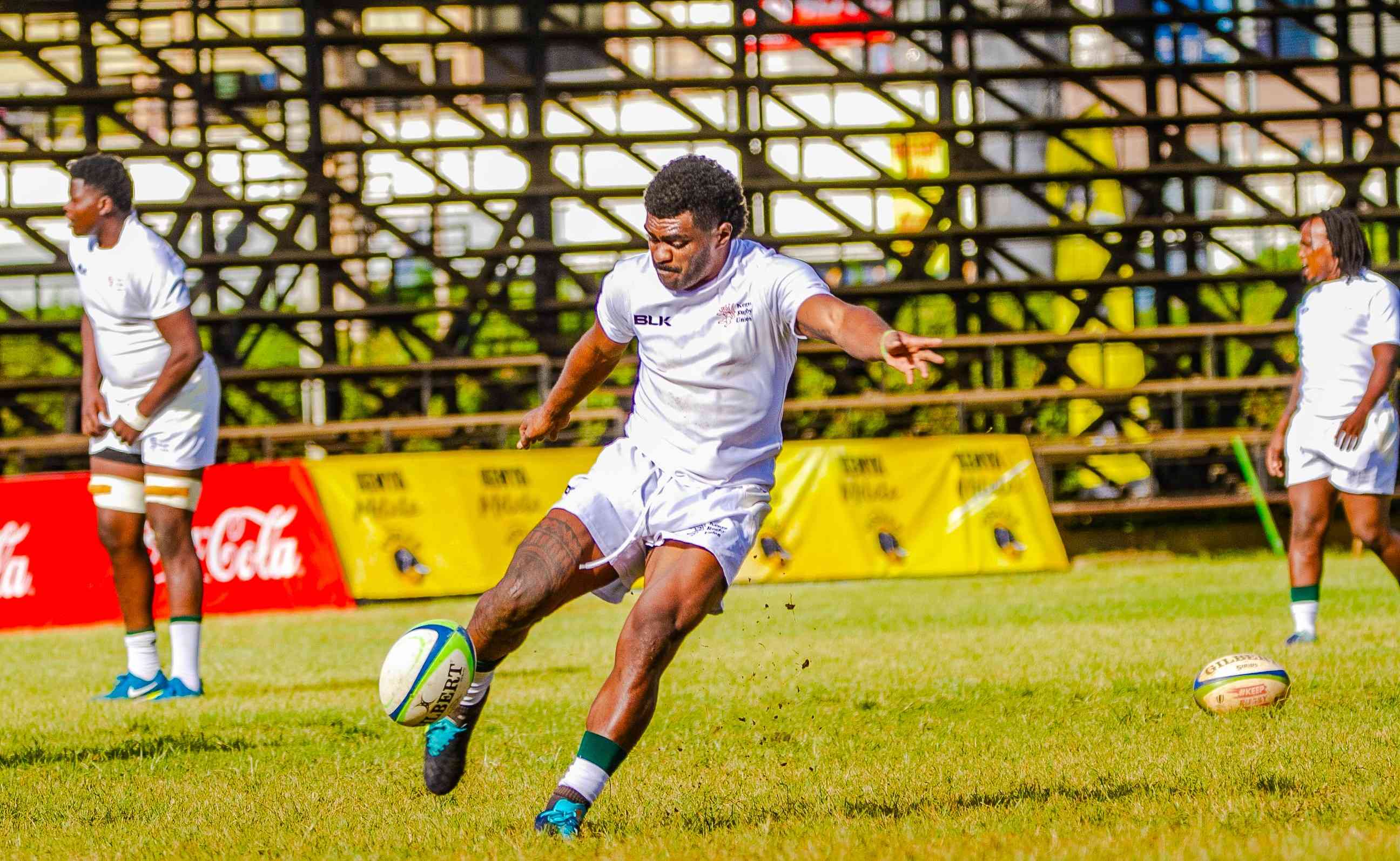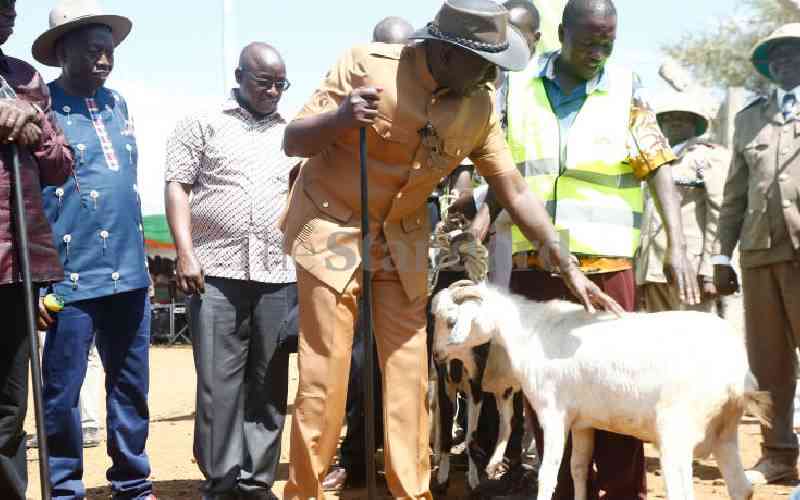Three organisations that collect royalties for artistes have been implicated in copyright and royalty fraud, a recent audit has revealed.
The fraud was unearthed this week by an audit conducted by Ronalds LLP, on behalf of the Kenya Copyright Board (KECOBO).
According to the findings, Kenya Association of Music Producers (KAMP), Music Copyright Society of Kenya (MCSK) and Performers Rights Society of Kenya (PRISK) have not satisfactorily accounted for the funds meant for artistes.
KECOBO director Edward Sigei said they were waiting for the three bodies to respond to audit queries raised.
“With the receipt of the report KECOBO has demanded for a formal response to the findings within seven days,” he said.
The work of KAMP, PRISK and MCSK is to collect royalties on behalf of artistes and duly disburse the benefits to them.
However, the audit hints at a possibility of fraudulent transactions through diversion of payments meant for the artistes to questionable accounts.
The report also exposed significant structural and administrative gaps in management of the three parties operations which could have led to ghost or duplicate members gaining from artistes’ hard-earned sweat.
Consequently, KECOBO said legal actions will be taken against any of the organisations if found culpable of fraud after the investigations triggered by the report.
“The Kenya Copyright Board is looking at several options in implementation of the results of the audit report including reference to criminal investigation department," KECOBO chairman, Mutuma Mathiu said.
"The audit report on non-compliance exposes the three societies to serious risk of misappropriation of funds, civil and criminal liability and loss of income from penalties and sanctions."
The findings lay bare lack of policy documents and breach of existent policies in ICT, finance, procurement, operations and human resource across the societies.
"The board learnt that there had been no remission of statutory deductions and non-compliance with statutory requirements, negligence in asset management, debt recovery and irregular payments," said Mr Mathiu.
KECOBO ordered the audit for 2017 to 2020 with a view to establish a better system of royalty management that will benefit local artistes.
It also wanted to use the report to make individuals involved in mismanagement of funds held personally responsible in a bid to stem reforms in the copyright and royalty sector.
Stay informed. Subscribe to our newsletter
"The board holds that seeking intervention by State organs like the Directorate of Criminal Investigations, Ethics and Anti-Corruption Commission and the office of the Director of Public Prosecutions (DPP) are options," said Mathiu.
MCSK, KAMP and PRISK are not new to controversy. In the recent past they have been at loggerheads with artistes over disbursement royalties’ artistes claim are meagre. The trend has evoked spiteful debates on their effectiveness in managing artistes’ interests.
 The Standard Group Plc is a
multi-media organization with investments in media platforms spanning newspaper
print operations, television, radio broadcasting, digital and online services. The
Standard Group is recognized as a leading multi-media house in Kenya with a key
influence in matters of national and international interest.
The Standard Group Plc is a
multi-media organization with investments in media platforms spanning newspaper
print operations, television, radio broadcasting, digital and online services. The
Standard Group is recognized as a leading multi-media house in Kenya with a key
influence in matters of national and international interest.
 The Standard Group Plc is a
multi-media organization with investments in media platforms spanning newspaper
print operations, television, radio broadcasting, digital and online services. The
Standard Group is recognized as a leading multi-media house in Kenya with a key
influence in matters of national and international interest.
The Standard Group Plc is a
multi-media organization with investments in media platforms spanning newspaper
print operations, television, radio broadcasting, digital and online services. The
Standard Group is recognized as a leading multi-media house in Kenya with a key
influence in matters of national and international interest.








